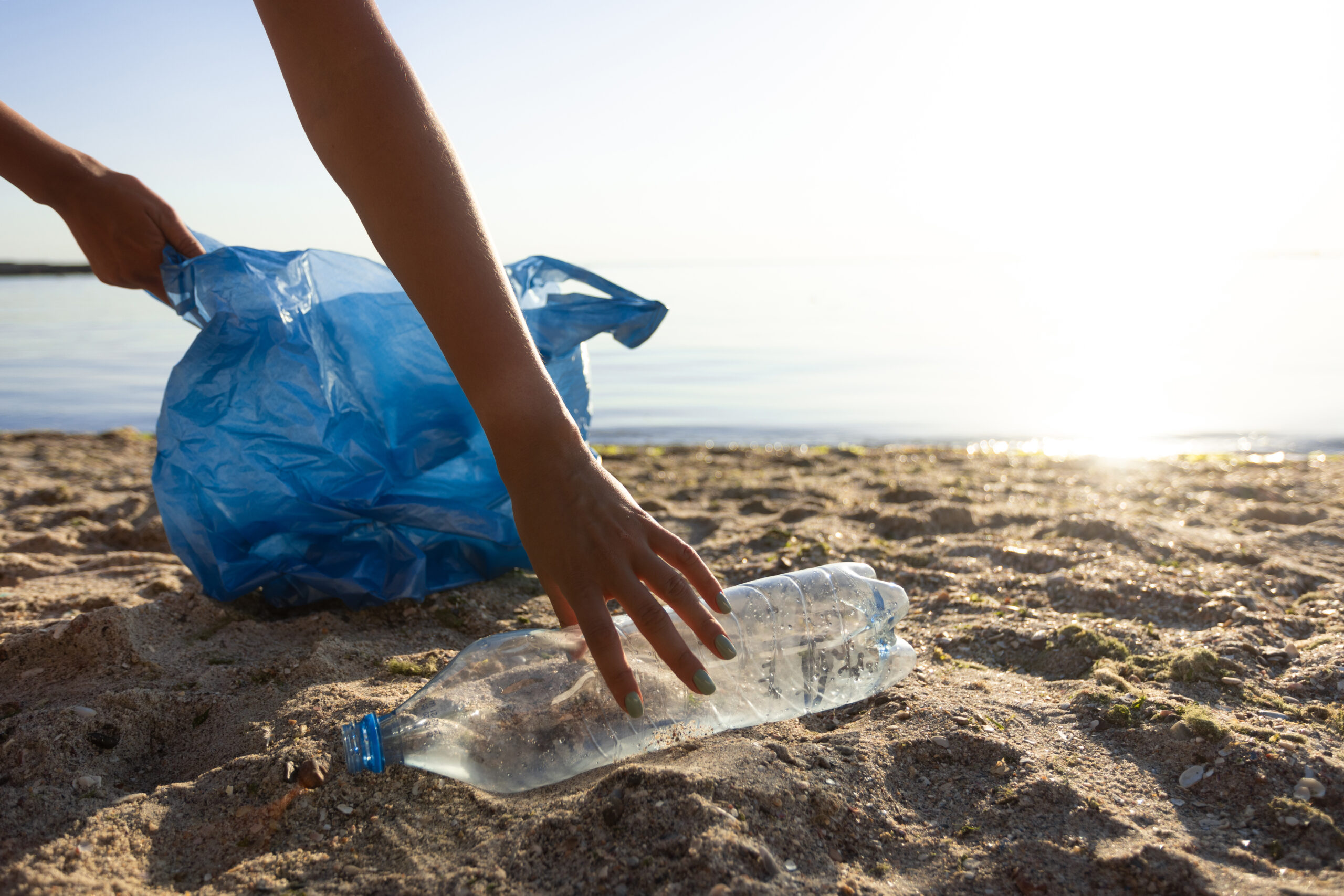Beach Clean Ups are annual, summertime events for those of us in the UK, but there is a lot more we need to be doing to protect our coastlines all year round…
Following lockdowns in the UK, and with travel abroad still troublesome, our own beaches and seaside’s have been the destinations of choice for lots of us. Our beaches and coastlines have had a record number of visitors over the Summer.
As a result, conservation organisations have reported higher numbers of rubbish and litter being left on beaches than ever before. This litter directly pollutes our communities, marine life, and our ecosystems.
According to The Marine Conservation Society, an estimated 11 million tonnes of plastic enter the ocean every year. Over the last two years during the pandemic, discarded personal protection equipment (PPE) such as masks and plastic gloves have become a particular concern. Discarded PPE was found on 30 per cent of all beaches cleaned during the 2020 MSC Great British Beach Clean.
Litter is just one – albeit a significant – problem plighting our beaches.
In honour of The Great British Beach Clean, which has been taking place all week, we wanted to share some other ways we can help continually conserve our coastlines:
Don’t Waste Water
How we treat our freshwater resources on land, affects the health of our coastal ecosystems. The water we use in our homes is later sent to a sewage treatment plant, where the pollutants are removed before being reintroduced into local bodies of water. Reducing the amount of water we use at home can cut down on the total amount of wastewater that we have to treat. This means we can support properly functioning waste treatment systems.
Think before you throw
Anything you put down a drain or flush down the toilet can end up in the ocean and contribute to its pollution. Remember our behavioural change campaign with Keep Britain Tidy, #BinTheButt? Throwing a cigarette butt down the drain can see them ending up in our seas and oceans, harming marine wildlife as they contain plastics and harmful chemicals.
Similarly, cotton balls, make up wipes, dental floss, cat litter, insecticides, vegetable oil, and paint are just some of the other things that are harmful for oceans and marine life if flushed.
Sea to Seafood…
If you eat fish, knowing what types of fish you’re eating and where it’s coming from is a big part of ocean conservation. Make sure you are familiar with the fishing and farming methods your fishmonger, supermarket or restaurant is using. By making sure your fish-dish has been farmed in an ethical way, you support organisations and fishing systems that are respectful of the ocean’s ecosystem and are not polluting the water. We recommend visiting Sustainable Food Trust for more guidance.
Recognise where you are having a negative impact
Impact at the beach is near inescapable. Whether you are enjoying being in the water, eating fish for dinner, or having time on the shore with your loved ones, you are having an impact. Being conscious of this impact is the first step to reducing any harm you may do.
A lot of beach activities can be very stressful and disruptive to the animals who live, reproduce, feed, and travel on the beach. Where possible, try to avoid disturbing them or getting too close. This is particularly important when they are reproducing or feeding.
You should also be particularly mindful of Sand Dunes. Sand dunes occur widely around the coastline of the UK, with particularly large areas in the Hebrides and fewer along the south coast. Dunes are beautiful coastal landscapes and important biodiversity hotspots. Dunes are often a sanctuary for rare species which are perfectly adapted to live in sand. According to DynamicDunes, at a healthy dune you could find orchids, toads, birds, and lizards thriving!
Being aware of where you walk and sticking to clear walking routes near sand dunes will minimise the disruptions to the natural environment.
For more information about how you can help keep Britain’s beaches clean and support marine conservation, visit: https://www.mcsuk.org/what-you-can-do/join-a-beach-clean/useful-guides-and-resources/
